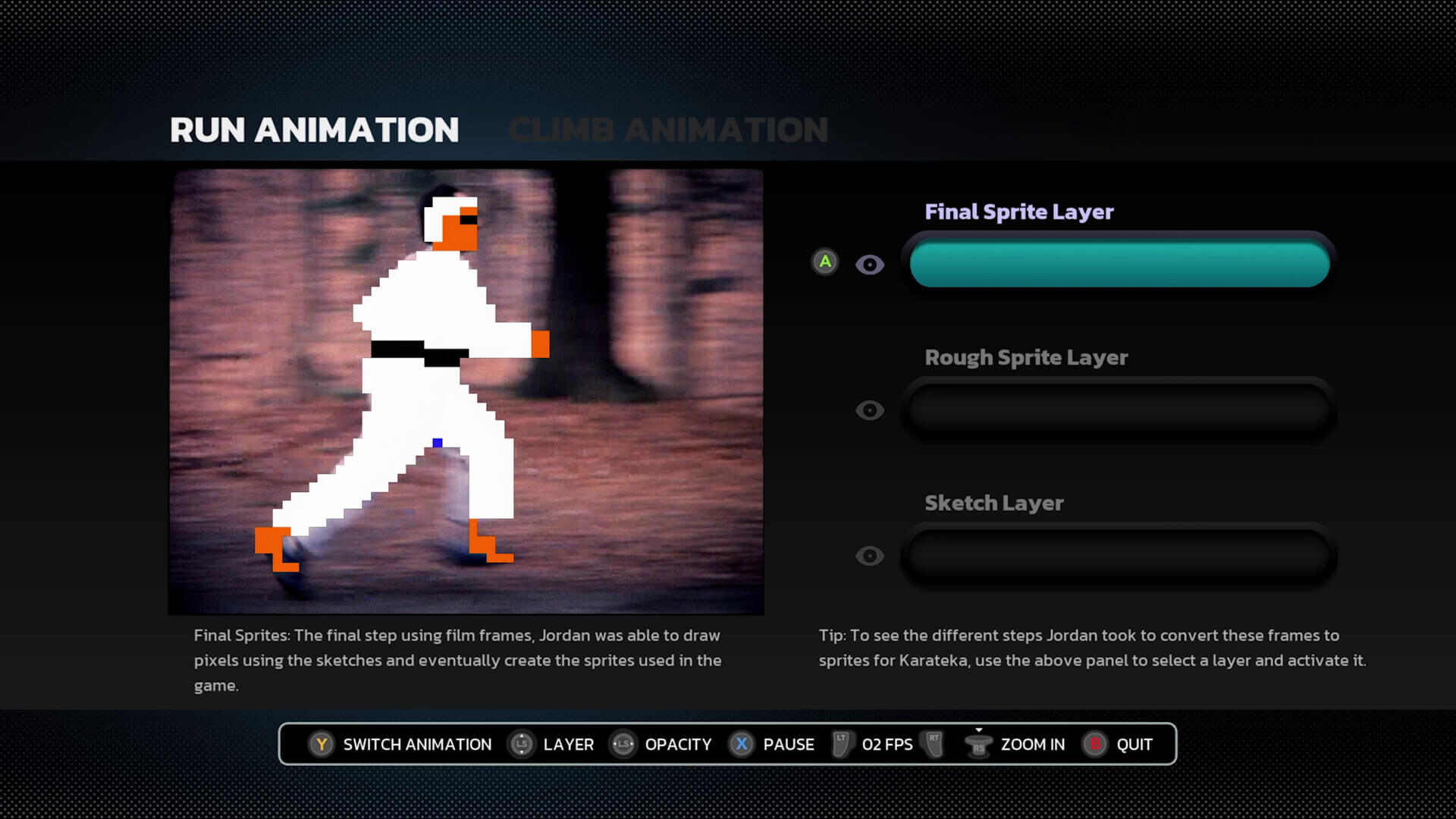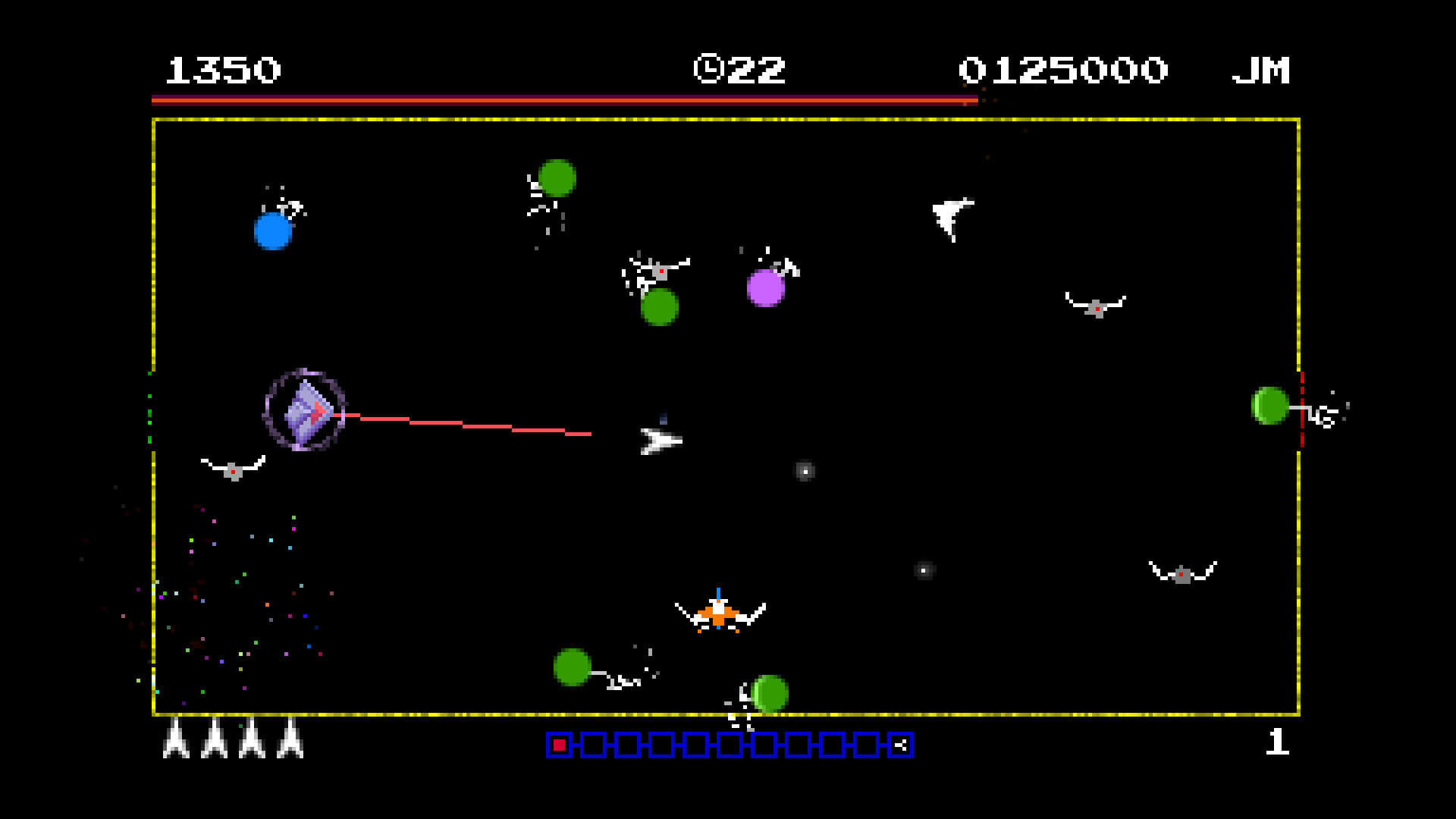The Making of Karateka
A museum is much more than a repository of relics
Although I was born in 1998, my first gaming experience was with Atari 2600 games, on an emulator in the house PC, that helped me for years to play old titles in similar programs (or even those made on DOS). And since then, I think I developed an interest for the history of video games. I love watching the showcases full of trailers and announcements every year, but there's something special about learning how everything started — and how it led up to today.
So, in recent years, I started getting involved with gaming preservation initiatives, like the Internet Archive or the Flashpoint Archive. Games are the perfect thing to became lost media, because of the dependency on computers and machines that became obsolete faster every decade. So, preserving, making them available, is a way to keep the memories of those games (and of who worked on them) alive forever.

But even I have my problems when playing old games sometimes. I know that it's important to considerate the time when it was produced, and the technological limitations those developers and artists had... but some games feels really weird to understand and enjoy nowadays. Maybe it is my own personal experience, or because I'm used to more recent designs, but I would start one, play for 2 minutes and would give up. Preservation is truly important, and I will defend it until I die, but sometimes it's not enough.
A museum isn't just a big room with scattered relics from yesteryears. Context, people, storytelling: there's way more behind an old object if you want to understand its history. If I've played Karateka in a Apple II emulator, I would just dismiss it in seconds. But in the virtual museum built for The Making of Karateka, I could understand how the game isn't just a classic, but a breakthrough for game design, game production and gaming history.

This package created by the Digital Eclipse team is way more than just a collection of old games in a emulator for modern screens. The amount of video documentary recorded for it would probably be worth of a streaming big launch if you edit all together. It's really interesting not to only see people involved in Karateka's creation, but also big names in the industry that were just players at that point. Those testimonies help to put how amazing Jordan Mechner's work was at the time.
The best videos for me were from Jordan himself with his father, Francis Mechner, that was also the original composer of Karateka's soundtrack. I know that I'm talking from a place of privilege, but seeing a dad and a son working together and talking about it fills my heart with joy (and reminds me of my own papa at home, love you!).

As a game developer myself, it was really interesting also to see all the production history about Karateka that I couldn't even have imagined when playing it nowadays. So many things we get for granted! Seeing the rotoscoped animations being hand-made, or even the prototype evolution, following the publisher's feedbacks. My favorite, though, was the 30-minute podcast analyzing the soundtrack composed by Francis and its use of leitmotifs.
Like, I'm trying to not give a lot of spoilers about it, because, in a way, The Making of Karateka, in addition to show documents and software prototypes, also tells an interesting story. A story about a world whose possibilities of game creation were expanding, how arcade games weren't anymore the only path, and how a young developer would help to boost them even more. And then, after all the diagrams, all the videos, I played Karateka and... didn't liked, but I could appreciate it, at least, for all it have done.

I need to also talk a little about the "extra" new games in the collection, made with so much care and attention to detail that it became another favorite of mine in the package. Karateka Remastered isn't the definitive edition of the game (because I believe that history shouldn't be rewritten in that way), but seeing all those neglected ideas reborn in a version with modern controls is probably the way to go if the original isn't for you.
And then we have Deathbounce: Rebounded. After playing so much prototypes that were never finished, it's so cool to see a finished version of Deathbounce (the lost game Jordan made before Karateka), and playing it was so cool that became my favorite playable bit. Every idea that Mechner had at the time to convince the publisher was mixed in this version to became pure arcade fun. I would play a "sequel" to Deathbounce with a more refined concept, no doubt.
Not every game has a cool story behind it, or would have the audience to justify this amount of work, but I'm so happy that Digital Eclipse finally found the definitive way to create gaming documentaries. Context, storytelling, people and interactivity are not only the key features that makes The Making of Karateka so interesting, but they are probably the most important parts of the process of understanding video game history.
If I was billionaire, I would pay so much money for more Gold Master Series. But I'm not, so all I can do is wait for the next. It's so good to love gaming history, and now it's even better.